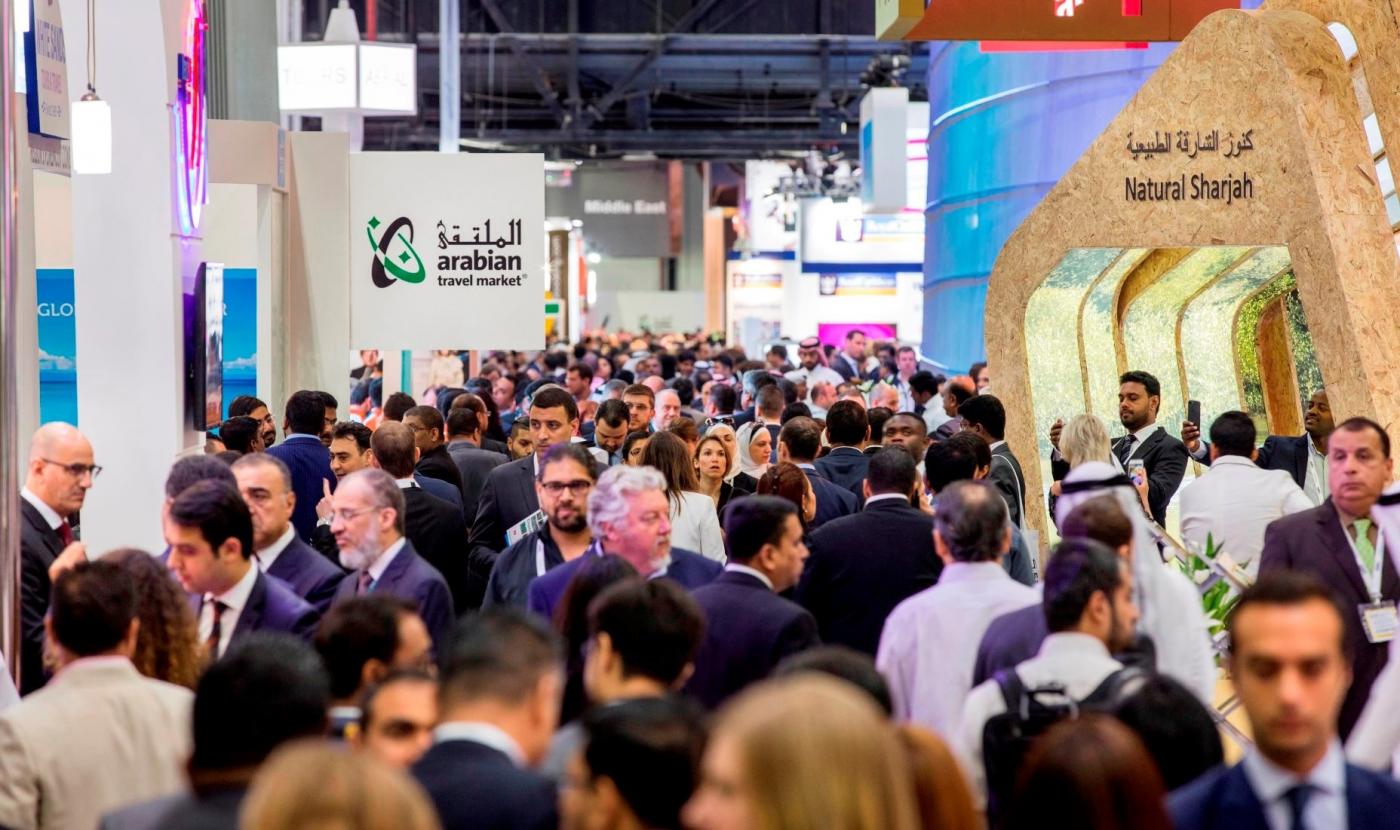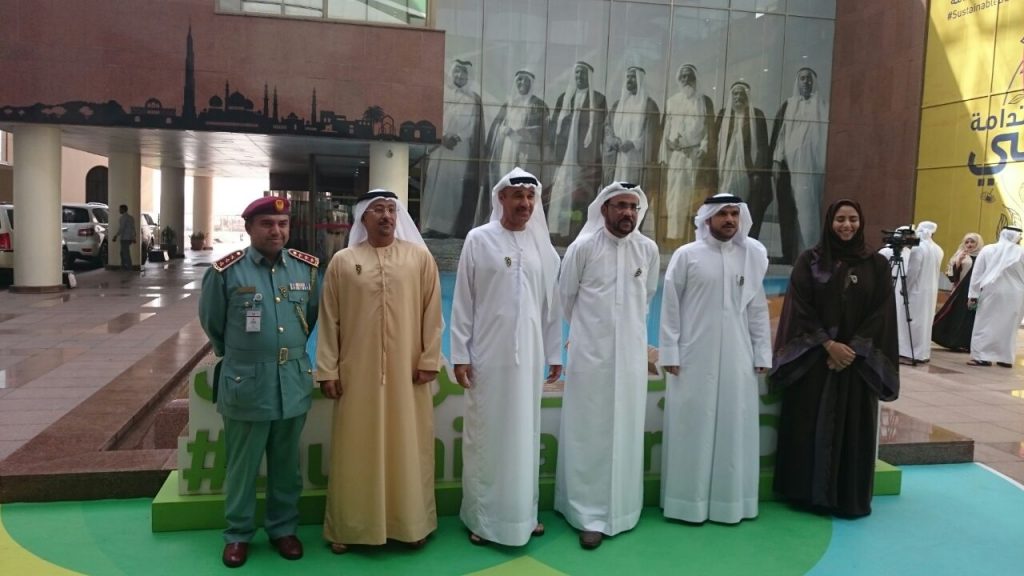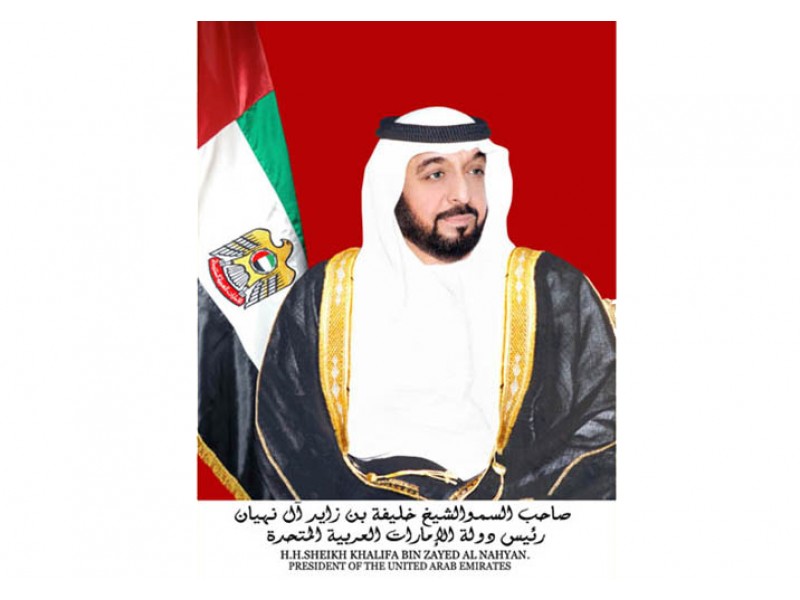GCC to welcome 2.5 million Chinese visitors by 2021. New visas, leisure attractions and business opportunities drive demand, as 154 million Chinese tourists are expected to go abroad in 2018. Religious tourism in Saudi Arabia to receive a boost as China’s Muslim population grows in line with global trends. Arabian Travel Market 2018 to host dedicated seminar session on China’s 500 million millennials, as attendee interest in the Chinese market increases 63% YoY … reports Asian Lite News.

Chinese arrivals to the GCC will increase 21% to 2021, rising to 2.5 million visitors annually, according to data released ahead of Arabian Travel Market 2018, which takes place at Dubai World Trade Centre from April 22-25.
Published by Colliers International, the data predicts Saudi Arabia will experience the highest proportionate increase in arrivals from China, up 35% on 2016 figures. The UAE will follow at 20%, with Oman at 12% and Bahrain and Kuwait at 7%.
GCC countries currently attract 1.9% of China’s total outbound market, up from 1.3% in 2012, however positive trends are expected to continue as 154 million Chinese tourists prepare to go abroad in 2018 and a predicted 244 million follow in 2022.
Keen to capitalise on the potential, figures from ATM 2017 show the number of delegates, exhibitors and attendees interested in doing business with China had increased 63% on the previous year, with the number of delegates arriving from China, up 28%.
Simon Press, Senior Exhibition Director, ATM, said: “The outbound Chinese market represents a vast, untapped pool of affluent and adventurous travelers and the GCC has been a destination of choice for years. Owing to its many business opportunities and a new generation of leisure attractions, figures show the GCC is poised to further capitalise on these trends over the coming years as millions of Chinese make their first international trip.
“Over the years, sentiment at ATM has reflected the growth in Chinese tourists to the GCC and today we have seen more businesses than ever before eager to capitalise on the opportunities presented by the Chinese market.”
The Colliers data follows four years of steady growth in Chinese arrivals to the GCC, spurred by the business, leisure and religious tourism sectors. Chinese travelers today seek unexplored cities and cultures, with GCC governments courting them through roadshows, exhibitions and cultural exchanges. Further supporting this drive, over recent years, regional brands including airlines, hotels and tourism bodies have opened representative offices across China.
Every year, almost 15,000 Chinese Muslims visit the two Holy Cities, and that number will increase as China’s Muslim population grows to account for 2.1% of the total population by 2030. Strengthening these ties, in 2017 Saudi Arabia loaned Arab artifacts from the pre-historic, pre-Islamic and Islamic periods to Chinese museums, further enhancing Chinese awareness of Arab culture.
Press added: “Thanks to the work of the GCC’s tourism bodies and stakeholders, cultural attractions and new developments are already generating interest from China. As a result, the GCC’s tourism and hospitality industries are uniquely poised to capitalise on emerging trends and secure a greater share of this fascinating market.”
Travel brands across the industry are working to maximise links with China, from introducing Chinese language TV and menus, to hiring native Mandarin speakers.
In 2016 Emirates added to its China network with two new routes to Yinchuan and Zhengzhou, in addition to regular flights to Beijing, Shanghai and Guangzhou. Emirates was the first airline in the Middle East to establish non-stop passenger flights to mainland china in 2004.
Etihad pioneered a code share agreement with China Southern Airlines in 2017 with a reciprocal loyalty program due over the coming months. Later in the year, the airline revealed branded livery to tie in with China's 11.11 Global Shopping Festival and announced a points conversion scheme for flyers who shop with e-commerce giant Alibaba.
The 2018 ATM exhibition will host a discussion in the in the Showcase Theater exploring the opportunities surrounding China’s 500 million millennials, with a presentation hosted by Chloé Reuter, an expert in the Chinese luxury market and Founder of Reuter Communications.
On day two of the exhibition the Travel Tech Theatre will host the panel discussion “What Middle East Businesses can do to capture the attention (and wallets) of Chinese luxury travelers”. The panel will be chaired by Chloe and will consist of representatives from Dubai Tourism, Tencent’s WeChat and Emaar Hospitality.
Chinese exhibitors at ATM 2018 will include Guizhou Province and Fuijan Province, Zumata, XML Holiday, DidaTravel, Toursworld, DLC and Bonotel Exclusive.
ATM – considered by industry professionals as a barometer for the Middle East and North Africa tourism sector, welcomed over 39,000 people to its 2017 event, including 2,661 exhibiting companies, signing business deals worth more than $2.5 billion over the four days. This year the show theme is responsible tourism.








